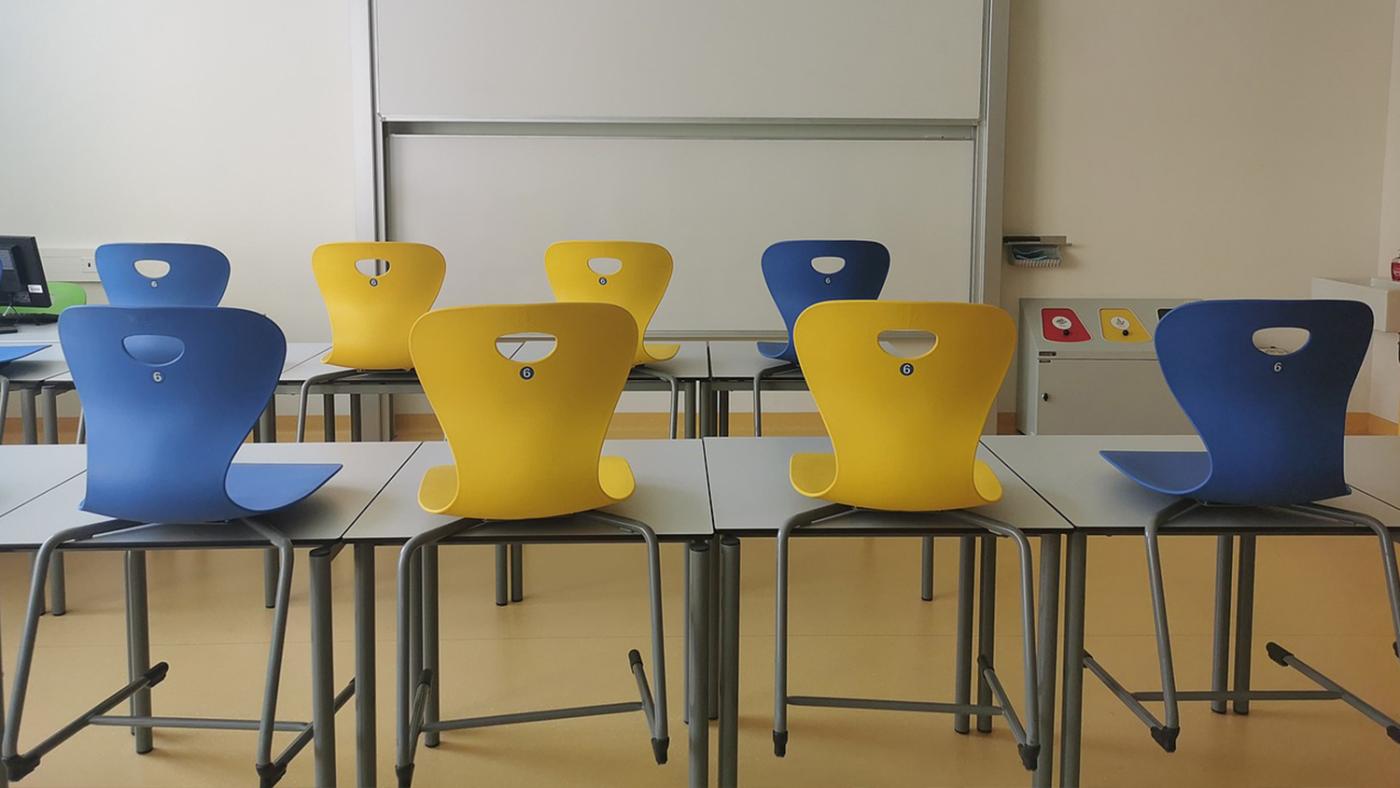Too few international students
Two Social and Behavioural Sciences Master’s resume teaching in Dutch

The Master's programme Clinical Child, Family & Education Studies aims to revert its English-taught classes to Dutch in the 2025-2026 academic year. As for the Educational Sciences programme, the idea is to revert back to Dutch as they introduce a new curriculum in 2026-2027. It should be noted, however, that the programmes will not be entirely taught in Dutch: teaching materials, such as scientific literature, will remain in English.
In an effort to reduce the influx of international students, the Dutch government is looking to limit the number of English-taught programmes. Following the national discussion on language policy, the Faculty Board asked all one-year Master's programmes whether they are interested in switching back to Dutch. Of the twelve one-year Master’s offered by the faculty, two indicated that they would like to do this.
Dutch labour market
The two Master's programmes are moving away from the English language because most students enrolled are Dutch, as are the companies they work for once they graduate. The number of international students is "limited and, in some years, even zero," says Maria de Haan, director of the Master's in Clinical Child, Family & Educations Studies, in a memo to the Faculty Council.
At Educational Sciences, the number of international students is also "relatively low", according to the Master's director, Jeroen Janssen. Both programmes expect the change in language policy to have little impact on student intake. On the contrary: Educational Sciences even expects the number of Dutch students to increase because classes in English are perceived as a barrier by some Dutch students.
Janssen: "These past few years, we have seen that students are diverting to the Master’s programme in Educational Sciences at Radboud University or the University of Amsterdam because those are offered in Dutch."
International classroom
The Master's director underlines that it is not their intention "to undo the internationalisation of the programme's content". Since classes were in English and the classroom was international, international issues were also addressed in class. "We want to keep this because it clearly an added value for our students," Janssen explains.
The programme directors believe that the switch to Dutch will improve the quality of education. For example, Clinical Child, Family & Education would also like to discuss Dutch literature on topics like Dutch youth care. At Educational Sciences, they expect "students to form better social bonds and engage in more substantive discussions".
Many Master’s programmes at UU are taught in English, and "classes at the Master's level are, in principle, in English, but there are exceptions to that rule, such as when the content of the programme makes it justifiable and defensible to offer it in Dutch," informs a spokesperson for UU.
The faculty council agreed with the proposal.